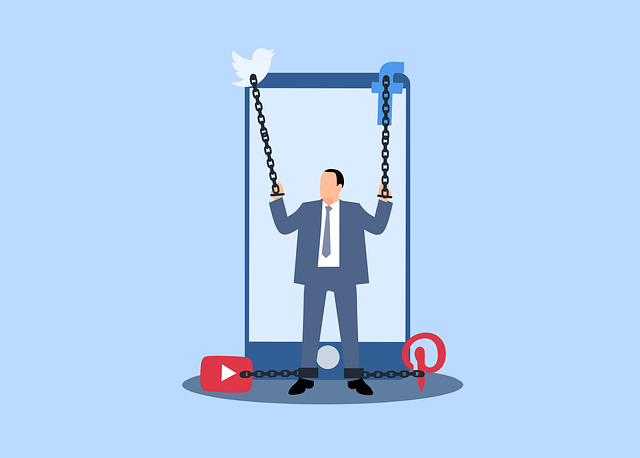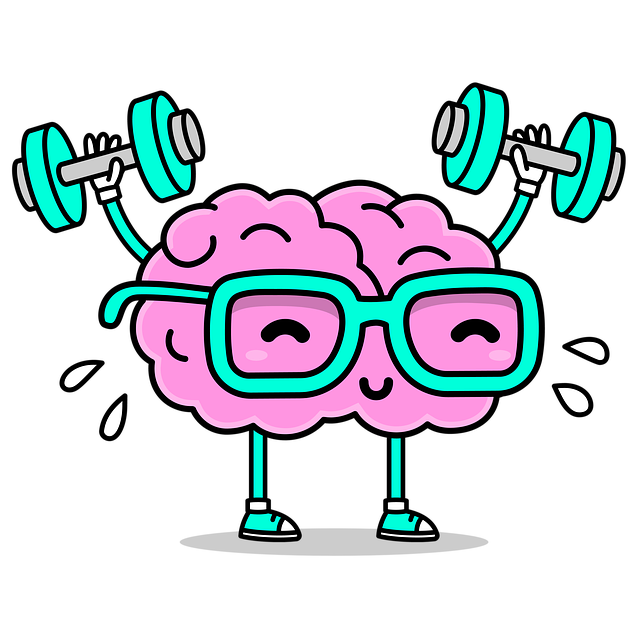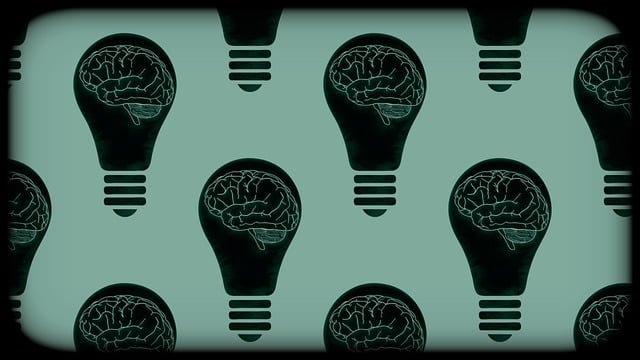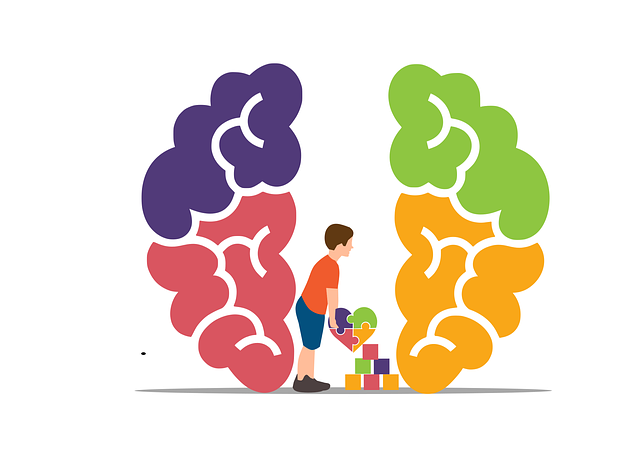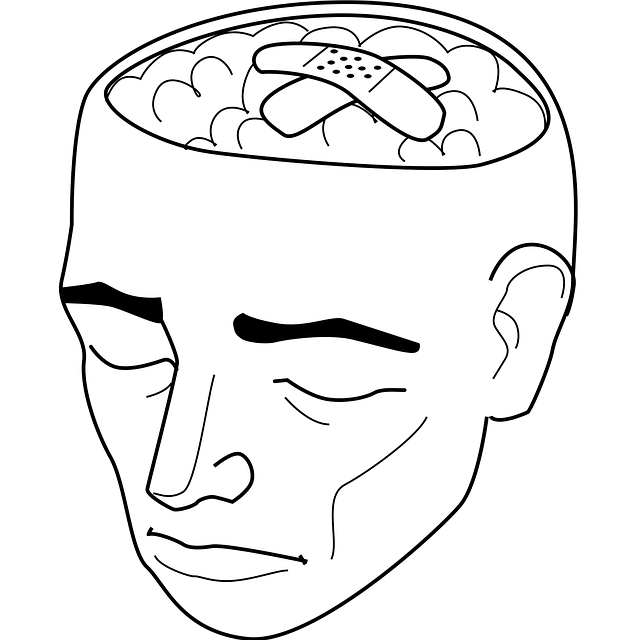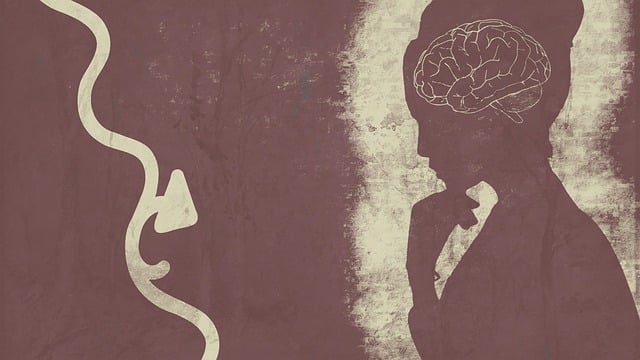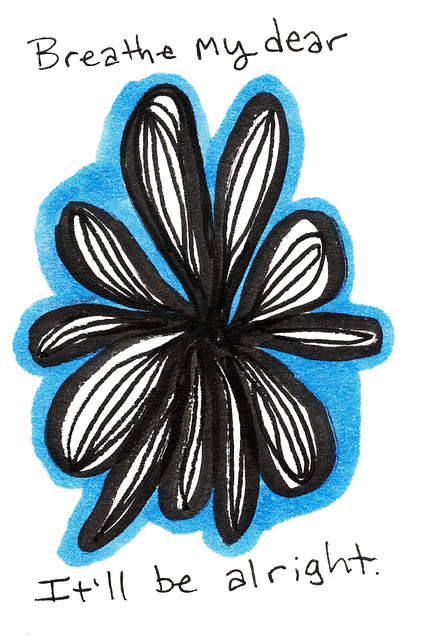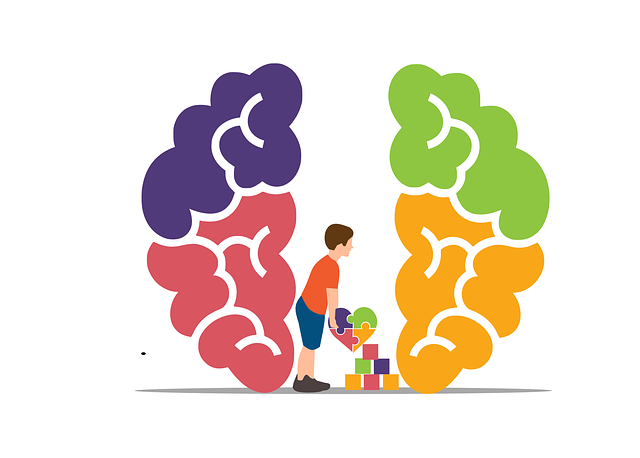Mental Wellness Journaling, recognized by Englewood Chronic Pain Therapy, is a powerful self-reflection and personal growth tool. It helps individuals explore thoughts and emotions, gain insights into their mental state, identify patterns, build resilience and emotional intelligence, and process chronic pain-related emotions. Journaling fosters cultural sensitivity in mental healthcare, empowers individuals to manage chronic pain, prevent burnout, boost self-esteem, challenge negative thought patterns, and enhance conflict resolution skills. Englewood's tailored journal format encourages personal expression, incorporating prompts for mood tracking, affirmations, and joyful activities. This proactive approach combines physical and mental health, transforming journaling into a growth and stress reduction tool, beneficial for healthcare providers navigating the Mental Health Policy Analysis and Advocacy landscape.
“Unwind and embrace personal growth with mental wellness journaling—a transformative practice gaining traction in Englewood’s chronic pain therapy circles. This article guides you through the art of self-reflection, exploring how journaling can manage chronic pain and enhance overall well-being. From understanding its benefits to creating a personalized space, we delve into effective techniques to elevate your mental wellness journey. Discover how engaging with your thoughts and emotions at Englewood can lead to profound healing and improved quality of life.”
- Understanding Mental Wellness Journaling: A Powerful Tool for Self-Reflection
- Benefits of Journaling for Chronic Pain Management at Englewood
- Creating Your Journal: Customizing the Space for Personal Growth
- Effective Techniques to Enhance Your Mental Wellness Journaling Practice
Understanding Mental Wellness Journaling: A Powerful Tool for Self-Reflection

Mental Wellness Journaling is a powerful tool for self-reflection and personal growth, offering individuals a safe space to explore their thoughts and emotions. It’s an effective practice that encourages introspection, helping users gain profound insights into their mental state. By jotting down daily experiences, feelings, and reflections, one can identify patterns in thinking and behaviors, fostering better understanding of themselves.
Englewood Chronic Pain Therapy recognizes the benefits of this journaling exercise as a means to enhance resilience building and emotional intelligence. It provides an opportunity for individuals to process their emotions, particularly those related to chronic pain, fostering cultural sensitivity in mental healthcare practice by allowing them to express their unique experiences and perspectives.
Benefits of Journaling for Chronic Pain Management at Englewood

Journaling has emerged as a powerful tool for managing chronic pain at Englewood Chronic Pain Therapy. By providing individuals with a safe space to express their experiences and emotions, it offers a form of therapy that goes beyond traditional talk therapy. Writing about pain can help patients gain insights into its triggers and patterns, fostering a deeper understanding of their condition. This self-reflection is crucial for developing effective coping mechanisms tailored to individual needs.
Englewood’s chronic pain therapy encourages journaling as a means of burnout prevention and self-esteem improvement. The act of putting thoughts on paper allows individuals to challenge negative thought patterns and replace them with more positive, empowering beliefs. Moreover, conflict resolution techniques can be explored through journal entries, teaching patients how to navigate challenging situations with increased resilience and emotional intelligence.
Creating Your Journal: Customizing the Space for Personal Growth

Creating your journal is a personal journey that reflects your unique mental wellness needs. Just as Englewood Chronic Pain Therapy tailors treatment plans to individual patients, so should your journaling practice be customized for optimal effectiveness. Start by selecting a space and format that feels right for you—a quiet corner of your home, a dedicated desk, or even a travel-sized notebook for when you’re on the go. Consider incorporating elements that enhance your experience; perhaps a soothing scent, inspiring quotes, or colorful pens to make the process more engaging.
Your journal shouldn’t be a rigid structure but rather a flexible tool for self-reflection and growth. Incorporate prompts that resonate with you, such as tracking moods, jotting down affirmations, or documenting activities that bring joy. Remember, mental health isn’t just about managing challenges; it’s also about cultivating resilience and practicing self-care. By making your journaling experience personal and meaningful, you’re taking a proactive step towards bettering your emotional intelligence and preventing burnout—essential aspects of the Mental Health Policy Analysis and Advocacy landscape, especially for healthcare providers.
Effective Techniques to Enhance Your Mental Wellness Journaling Practice

To enhance your mental wellness journaling practice, incorporate effective techniques that go beyond mere reflection. Englewood Chronic Pain Therapy suggests integrating compassion cultivation practices into your routine. By writing about your experiences with kindness and understanding, you can foster a more positive relationship with yourself and reduce stress and anxiety. This is particularly beneficial for managing chronic pain, as it helps to reframe challenges as opportunities for growth.
Incorporating self-care practices into your journaling can also transform it into a powerful self-care routine development tool for better mental health. Describe your daily activities, including any relaxation techniques or physical exercises you engage in. Regularly reviewing these entries can help you identify patterns and make adjustments to prioritize self-care routine development. This proactive approach ensures that your mental wellness is nurtured alongside your physical well-being.
Mental wellness journaling is a transformative practice that can significantly improve your overall well-being, especially when combined with therapy, as seen in Englewood Chronic Pain Therapy programs. By dedicating time to reflect and explore your thoughts and emotions, you can gain valuable insights into your mental health journey. Customizing your journal allows for a personalized experience, fostering growth and self-care. Through various techniques, individuals can enhance their journaling practice, making it an accessible and powerful tool for managing chronic pain and promoting mental wellness.



